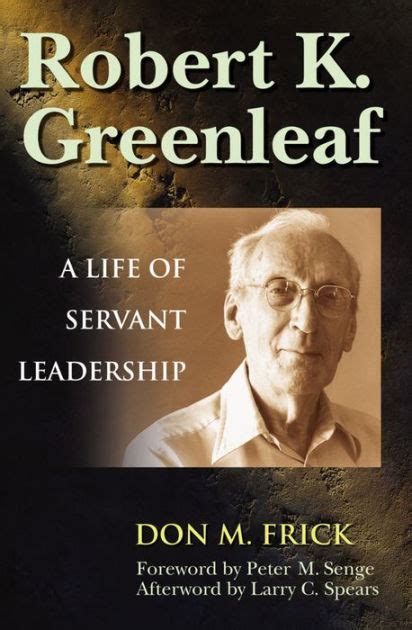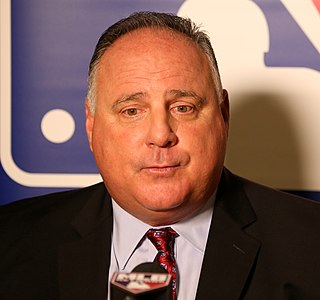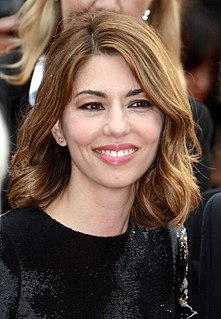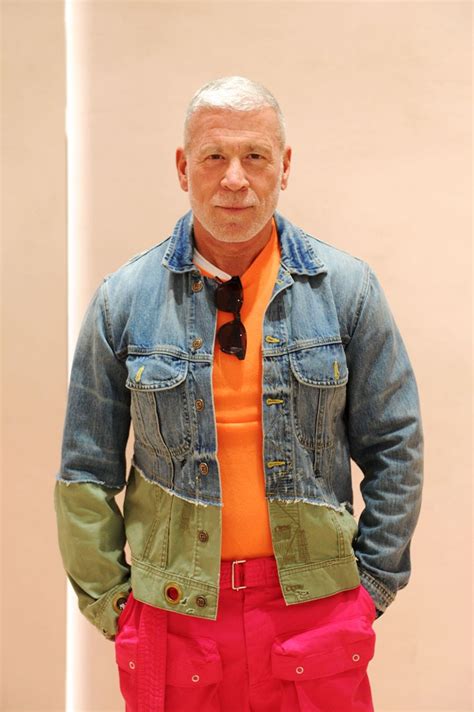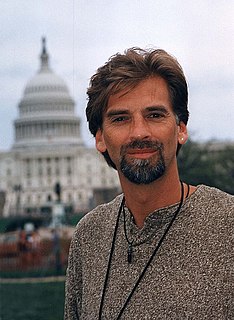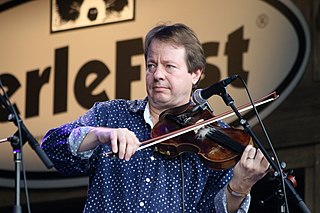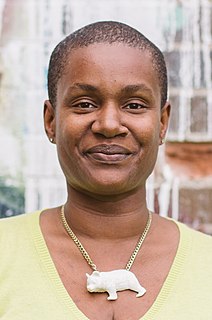A Quote by John C. Maxwell
As a leader, the first person I need to lead is me. The first person that I should try to change is me.
Related Quotes
I was too shy, I think, to sing publicly. It takes a particular kind of person. And when I was young, I was not that person. In the first instance, when a record company said to me, do you want to try and make your record, my first reaction was, no, I'm not worthy - I couldn't possibly, and so on and so forth.


